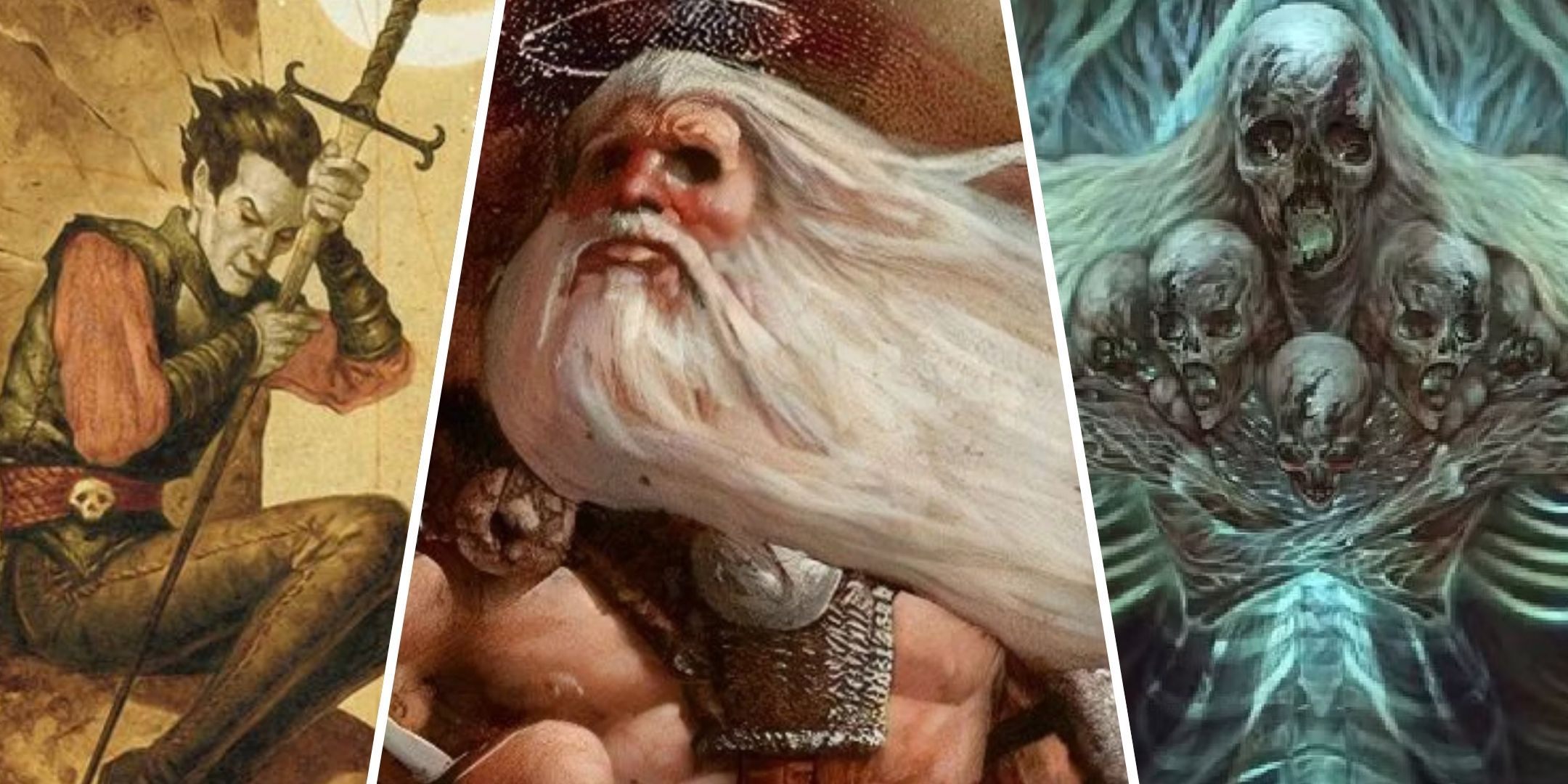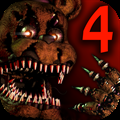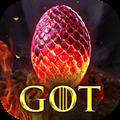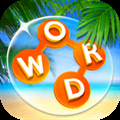
Quick Links
- Ao, The Overgod
- Creation
- Time Of Troubles And The Second Sundering
- Controlling Godhood
- Limitations
The worlds of Dungeons & Dragons have many gods, with their powers and decisions highly affecting the mortals that worship them or just have to deal with the gods' quests for power. With so many beings capable of doing virtually anything, one might wonder how they haven't destroyed everything by accident by now. Well, the answer is Ao.
RelatedDungeons & Dragons: Roleplaying Your Cleric's Deity
Create a more immersive and engaging cleric experience.
PostsA god among gods, Ao is a curious and mysterious figure within the Forgotten Realms lore, especially because we still don't know a lot about him outside small paragraphs in a few books or mentions about him when other deities are being discussed. So, who is the Overgod?
Ao, The Overgod
From Spelljammer: AD&D Adventures in Space,1989.Ao is the creator of Realmspace, which is a solar system with many planets, and it's where the planet Toril is located — the main planet in the Forgotten Realms (where Faerûn and other places are). He's also responsible for creating gods or allowing deities from outside Realmspace to enter and rule over whatever they represent. He can also kill them if he wishes.
Ao is very secluded and rarely interferes with the affairs of the gods, letting them mostly do what they wish, and he doesn't interfere with mortal affairs at all, not even responding or granting powers to the few mortals who attempted to worship him in the past.
Lastly, his main goal is to represent balance. He doesn't lean to any specific alignment, and his interferences in godly affairs mostly happen when gods disrespect their own positions in the search for more power rather than stick to their roles.
Creation
Faerun Map by Mike Schley.As mentioned, Ao created the Realmspace and the main world of the Forgotten Realms, Toril. However, the planet was initially named Abeir-Toril,where elemental beings known as the primordials existed, along with other worlds of Realmspace. When the first gods were created, and said gods began creating other gods, there was a battle between the gods and the primordials over Abeir-Toril.
RelatedDungeons & Dragons: 10 Tips For Making Your Own Pantheon
Want to create a pantheon and use gods in your Dungeons & Dragons campaign? Here's how.
PostsThe battle only ended because Ao split the world in two, creating twin planets that exist in the same space but on different planes, creating the worlds Abeir and Toril. Abeir became the world of the primordials, while Toril became the world of the gods. From then on, they were all free to essentially do what they wanted.
This is also how the Tablets of Fate came to be. Created by Ao, they were the power keeping Abeir and Toril separated, and they also contained the names of every god and primordial, along with what they represented written on them.
Time Of Troubles And The Second Sundering
Artwork of Myrkul, Lord of Bones by Isis Sargare.With the gods free to do as they please, most of them chose to search for ways to become more powerful. They would constantly fight and kill one another to obtain their portfolios — a.k.a. what they represent — and not all of them cared to represent their roles appropriately.
That culminated in two particular gods, Bane and Myrkul, stealing the Tablets of Fate,believing they could obtain a power similar to Ao's in the process. They didn't, since the tablets aren't nearly as powerful, and Ao cared more about what they represented — meaning, showing all the gods and their roles — than their power.
When Ao demanded to know who took them, no one said anything, so Ao punished all the gods for their insolence and negligence. All gods were forced to live as mortals to understand the people they were supposed to be there for in the first place. The only exception was the god Helm, who remained at his post to prevent the fallen gods from returning through the Celestial Stairway.
Because of all that, magic became chaotic due to the absence of Mystra, and clerics could no longer rely on their divine powers unless they were close to their god's avatar. Many gods, such as Mystra herself and even Myrkul and Bane, died during this period, and not all managed to return. Mystra, for instance, was replaced.
Once the Tablets were returned by Cyric, Ao turned him along with some of his friends into deities, but Ao decided to destroy the Tablets rather than keep them. This made Abeir and Toril slowly merge into one, and forced the gods and primordials to share the world once more, along with many other problems. From this point forward, Ao would also directly be responsible for anyone becoming a deity rather than letting gods create other gods.
Since this merging of worlds was causing severe problems for both Abeir and Toril, such as the event known as the Spellplague, Ao rewrote the Tablets of Fate, and Abeir and Toril stayed separate. Still, they irreversibly affected one another, such as Abeir introducing one of their native species, the Dragonborn, into Toril.
Controlling Godhood
Official artwork from Faiths and PantheonsTo ensure gods would behave, at least to some extent, one would only achieve godhood under Ao's permission. He wouldn't necessarily appear in front of someone and say, "You're a god now," but whatever methods someone would use to attempt to become a god would only work if Ao allowed.
Along with that, he also deemed worshipers and followers a crucial part of maintaining godhood, ensuring that the gods would have to care about the mortals who worshiped them. There isn't an official method to obtain godhood, however, so amassing followers or living up to a principle to such a decree you'd start representing it would likely be your best bet.
At the end of the day, if you are the Dungeon Master, you are essentially Ao himself. You can easily give godhood to player characters after an epic campaign that reshapes the world. You do you.
Limitations
Official artwork from Faiths and PantheonsAo can do almost whatever he wants, but he has some weaknesses. Though there's nothing written about this, the fact that the Tablets were stolen, and he couldn't tell where they were or who took them, we can see that he isn't omniscient or omnipotent — otherwise he would just make them reappear. That also means he doesn't know what the gods are thinking and can be tricked by them.
His powers also only work within Realmspace. He can't overpower the deities of another universe, such as Greyspace, where the setting of the World of Greyhawk takes place. A god from said setting can only enter Realmspace under Ao's permission, and Ao will have power over this version of the god within Realmspace, but whatever is happening in the other universe is beyond Ao.
A fun example is gods from actual mythologies that appear within D&D. The god Tyr, who is part of Faerûn's pantheon, is the same Tyr from Norse mythology. Within Realmspace, Ao has complete power over Tyr and could even kill him, but the god would continue to exist in other universes, and Ao would be unable to do anything about it.
NextDungeons & Dragons: 23 Most Powerful Gods, Ranked
In the world of Dungeons & Dragons, even gods have their own hierarchy. These are the major gods of D&D, ranked according to power.
Posts












